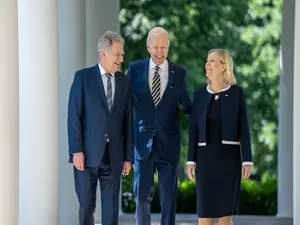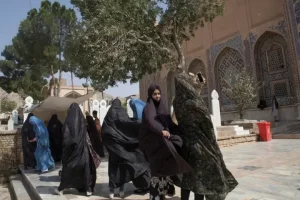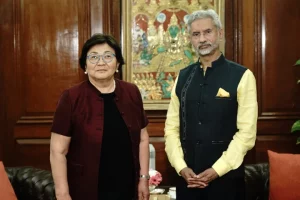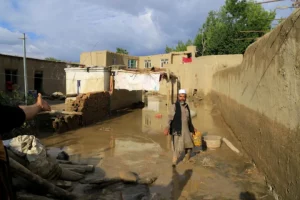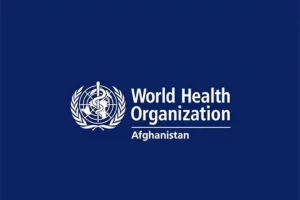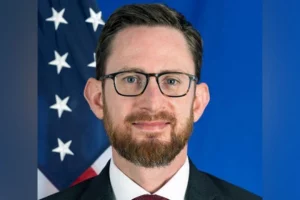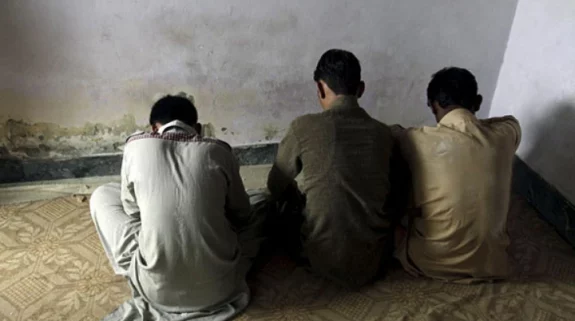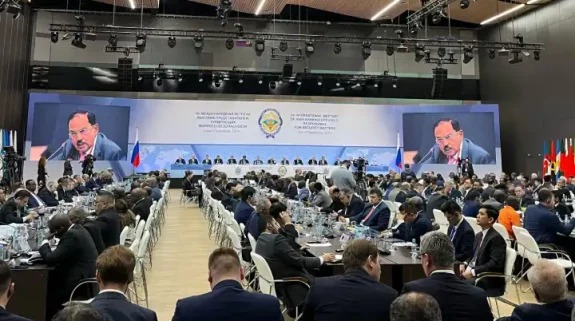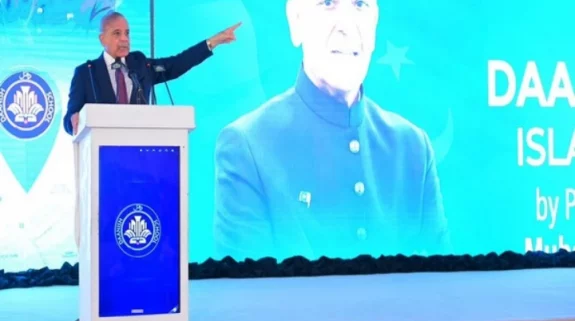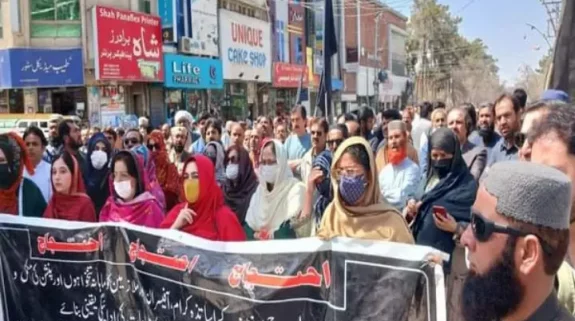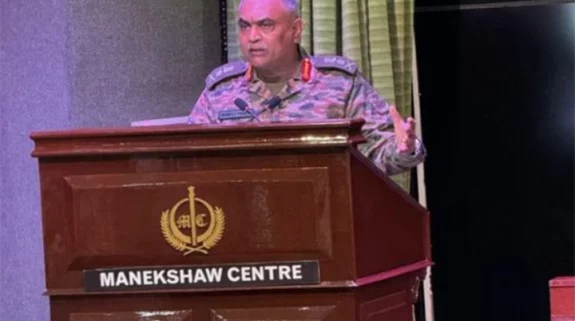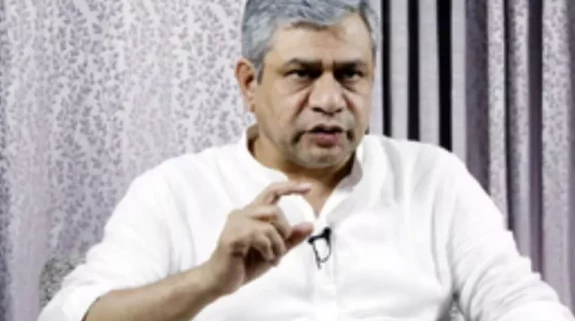The withdrawal of US-led troops from Afghanistan may have severely dented America's image of being the world's superpower with even the British Defence Secretary Ben Wallace suggesting that neither the United Kingdom nor the USA has the power to directly shape the world events.
Days after the last US plane took off from Kabul and the US President Joe Biden defended his decision to end America's longest war, Wallace, indirectly pointing towards Washington, chose to define the difference between being a super power and just a big power.
"I think it really goes to what the definition of what a global power is. It is obvious that Britain is not a superpower. But a superpower that is also not prepared to stick at something isn’t probably a superpower either. It is certainly not a global force, it's just a big power," Wallace said in an interview to Spectator magazine.
British newspaper Guardian said that those close to the Defence Secretary acknowledged that Wallace's "pointed comments coming at a time of heightened transatlantic and domestic tensions over the messy retreat" could be read as being aimed at the US.
"An insider argued that the British minister was emphasising the importance of political will as well as sheer military power," the paper said.
Being a former sodlier himself, Wallace said that planning a withdrawal is the hardest military manoeuvre and that there was "really no point kidding the public" through the process.
"It was a bit of a shock when Herat fell. Some of these big places had historically been resistant to the Taliban. When they fell, literally without a fight, I think the game was up," he said.
The British Defence Secretary said that things "could have been much worse" in Afghanistan had the Taliban made attempts to stop the evacuation.
"We sent 16 Air Assault Brigade, Nato’s most ready brigade specifically designed for quick intervention and raw fighting. If it turned nasty, that was who you wanted there. And it could have been nasty. But the Taliban in the end were compliant," Wallace said.
"They could have rained mortars on [the airport]. You only need one or two mortars and your planes stop flying — so they could have done a lot of stuff around that. They didn’t. So we had a much more, well, benign is probably a bit too strong — but it was better than it could have been," he added.
Wallace said that Britain has left "only a few vehicles behind", whereas the US left one of the world’s largest fleets of Black Hawk helicopters.
"I'm not sure I would worry too much about the Taliban maintaining a fleet of aircraft given it’s extremely expensive, high-intensity and a lot easier said than done," he said.
But, Wallace told Spectator, that he is more concerned about the risk that the equipment could be passed on to shadowy mercenary organisations.
He also questioned the United Nations, saying "If the UN isn't for helping failed states, then what is it for?"
Also Read: American military hardware abandoned in Afghanistan surfaces in Iran






